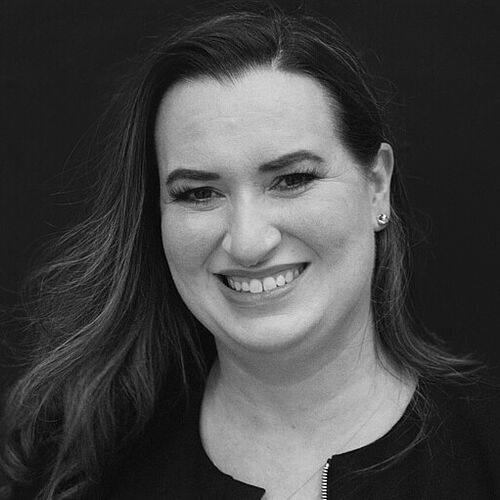Lecture: Vascular Digital Twins: From Algorithms to Proactive Patient Care
Amanda Randles
Original abstract: Digital twins are poised to reshape the future of healthcare by providing detailed, virtual replicas of individual human physiological systems. In this talk, I will focus on my work developing vascular digital twins – personalized computational models of the circulatory system that allow us to study blood flow and vascular health in unprecedented detail. These models enable noninvasive assessments of diseases such as stenosis and open the door to proactive care by predicting how a patient’s condition may evolve and how different interventions might help – or harm – before decisions are made in the clinic.
Creating and applying digital twins at scale requires solving some of the most demanding problems at the interface of mathematics, computer science and medicine. I will discuss the challenges of handling petabyte-scale data streams, the need for algorithms that can operate over millions of heartbeats, and the computational burden of real-time simulations. I will show how advances in high performance computing, machine learning, and data compression make it possible to move from reactive diagnostics to continuous, remote monitoring. Finally, I will explore how wearable sensors and immersive technologies like virtual reality can enhance the utility and accessibility of digital twins, bridging the gap between complex simulations and practical clinical decision-making. By bringing together rigorous modeling, massive computation and real-world medical impact, vascular digital twins illustrate how mathematical and computational innovations can directly transform patient care.

